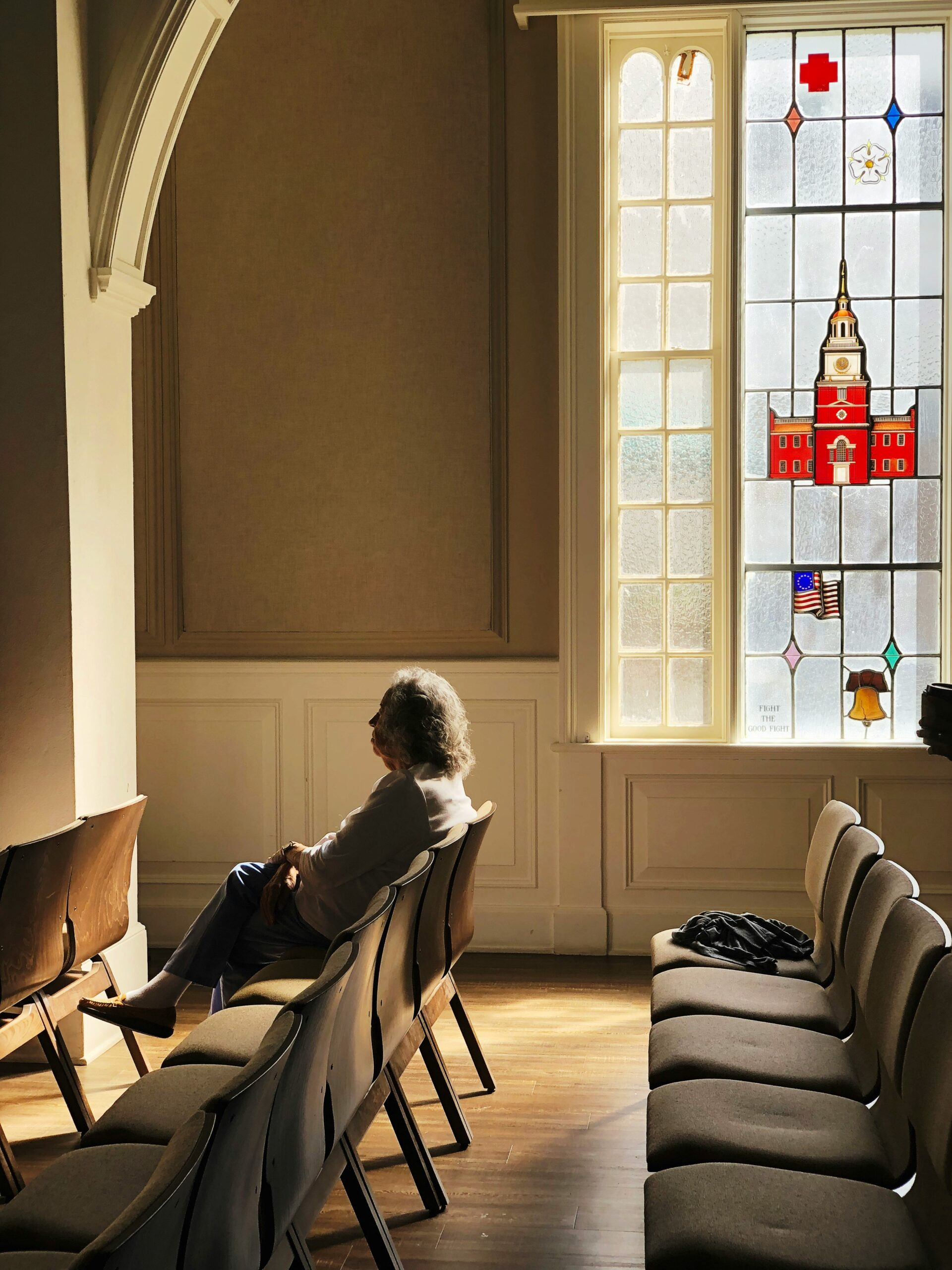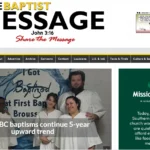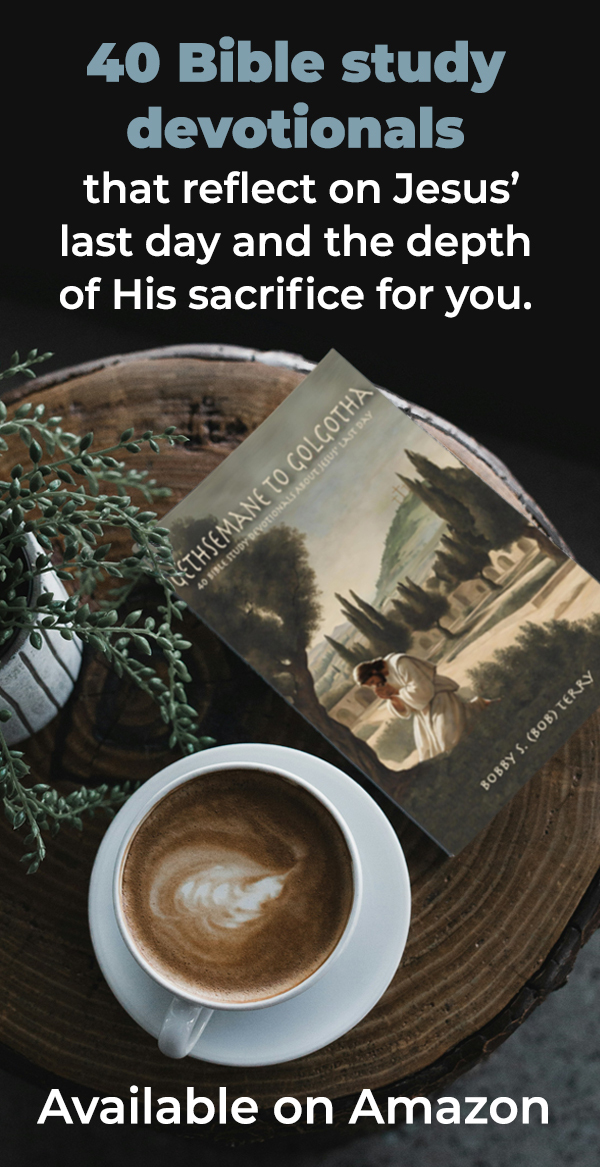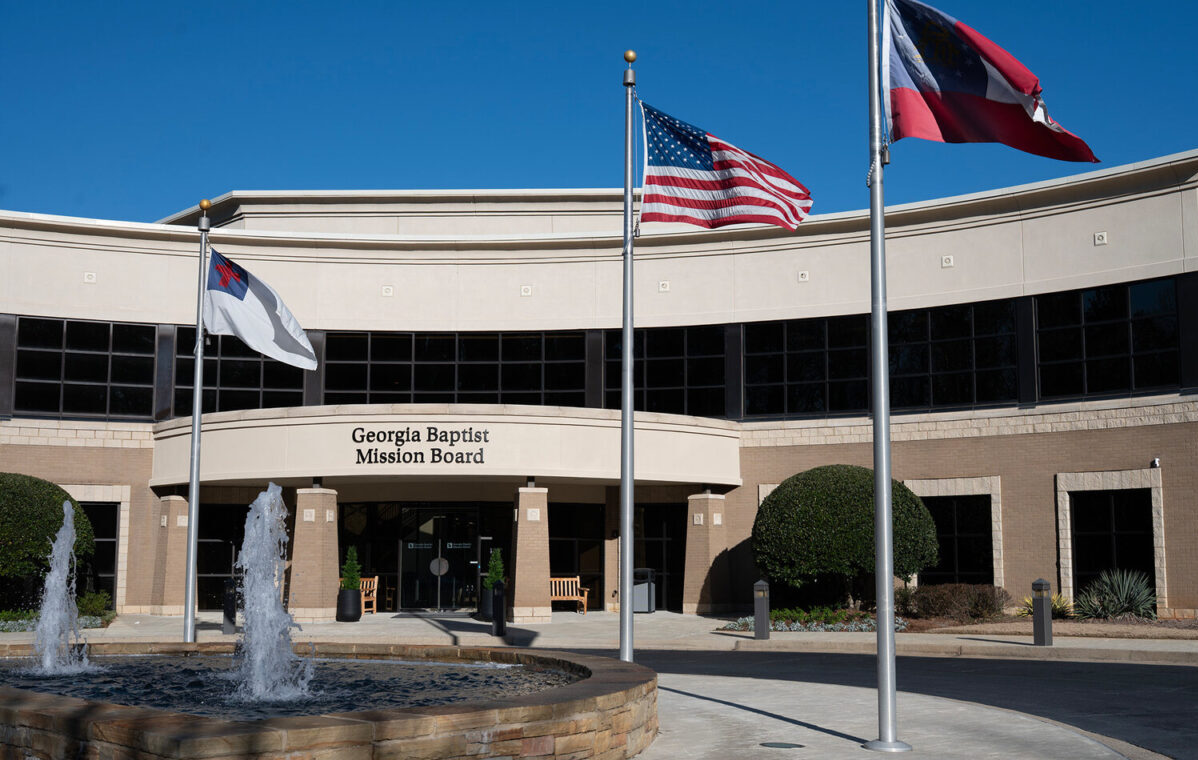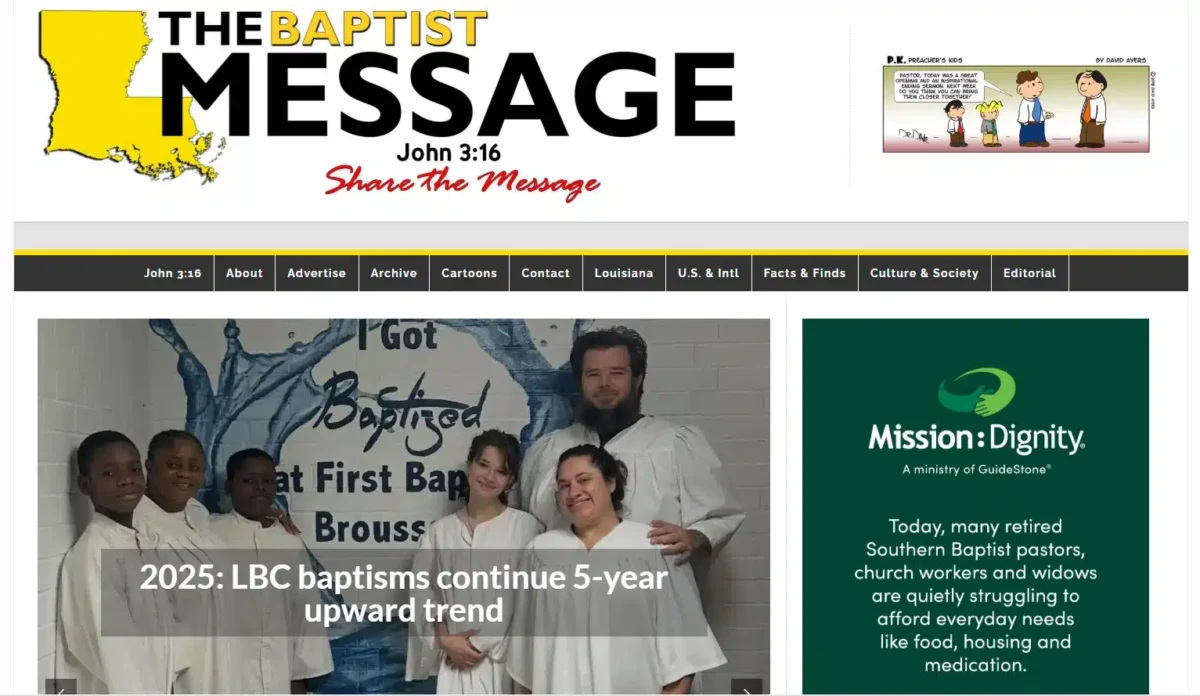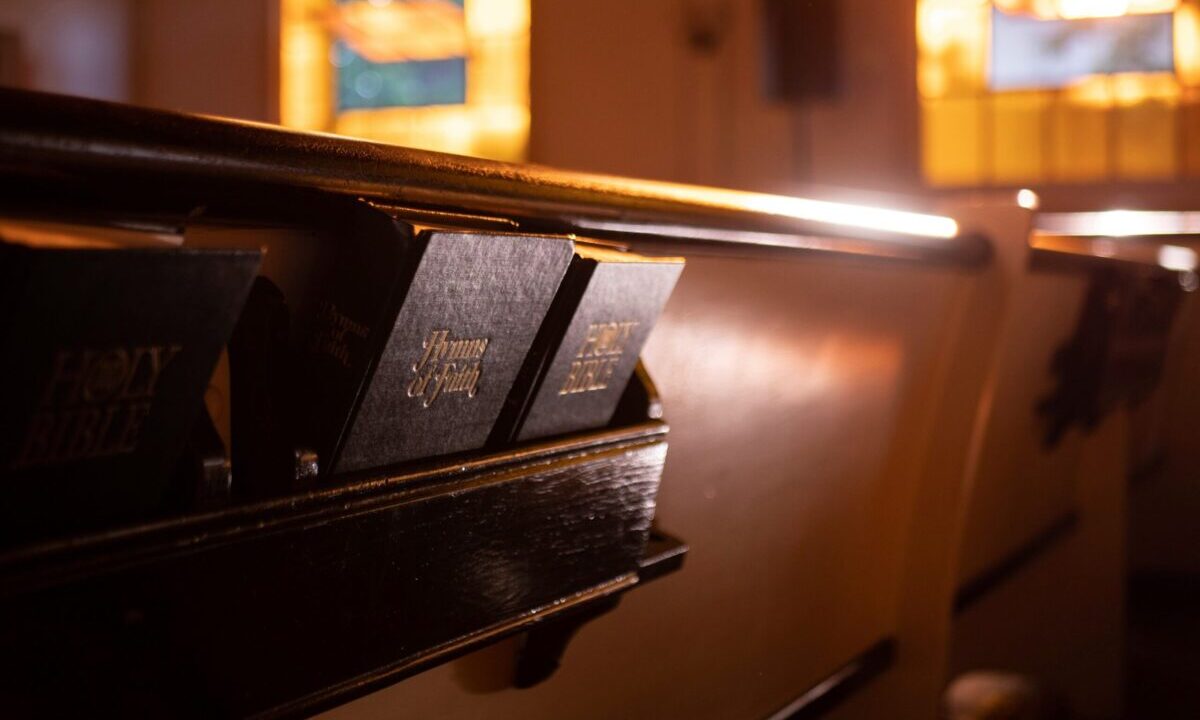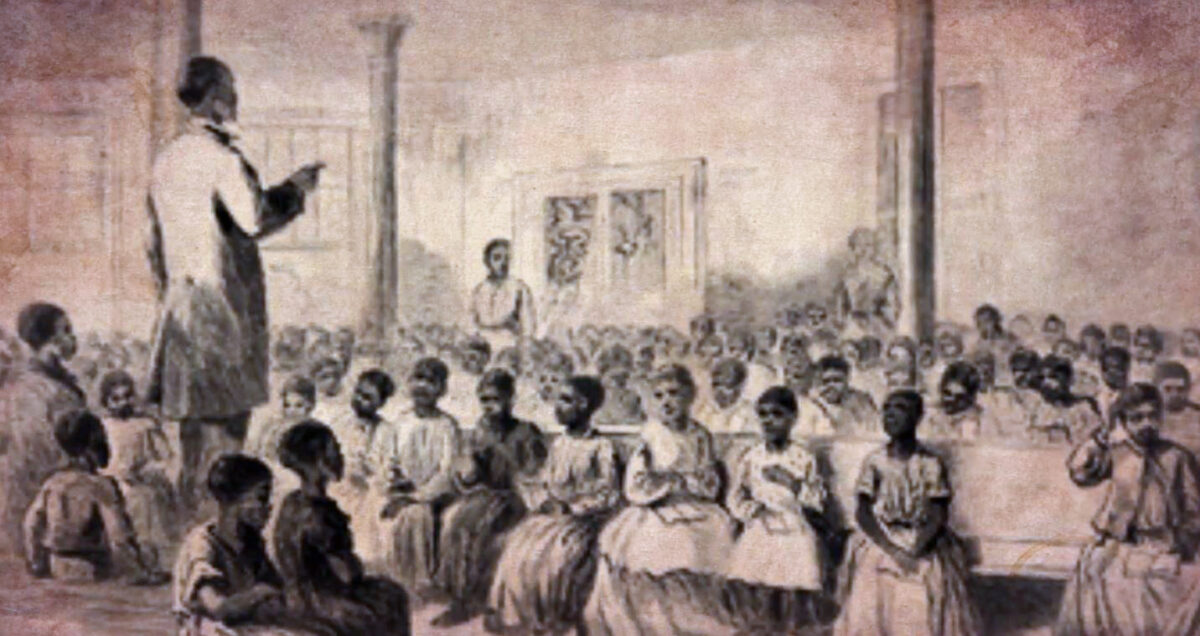Becky Kirby lost her husband in a car accident. Alisa Bridger lost her husband from unexpected cancer. Nan Stroud’s husband died following ongoing health issues and catching COVID. Teresa Green’s husband had Pulmonary Fibrosis and did not recover from two COVID diagnoses. These four women experienced the loss of their husbands and provide wisdom and encouragement for fellow widows.
All of them testified to Christ’s faithfulness amid grief.
Q: What were your initial feelings and responses?
Becky Kirby: “I went through brief periods of anger, especially when I watched other families in the trauma unit rejoice when their loved ones improved. During those 15 days, I read the book of Philippians several times and realized that God’s divine peace really is inexplicable. I decided to stand firm on those promises in the Word … He IS in control and in that I could rest.”
Alisa Bridger: “My initial feelings and responses, especially to God, were ‘I need Thee, O I need Thee, every hour I need Thee.’ Prayer was an important part of my life … And reading Scripture daily had been an important part beforehand, so certainly during that time, I clung to that, but it was much more snippet prayers … ‘God, help me get out of bed. God, help me get through what I got to get through today. Lord, help to navigate all the things.’”
Nan Stroud: “I always felt held by God, thankful for His presence as I had walked through the years of illness and his death. The Lord gave me strength I did not know I had. There were days when I didn’t feel it would be possible for me to do what needed to be done. Prayerfully, I would ask the Lord to walk with me and He did … every time. He didn’t give me that strength until I needed it, but He provided what I needed to cope and what needed to be done every time.”
Q: What were a few practical things that helped you through it initially/helped you persevere?
Becky Kirby: “Rick was very organized. He kept a black notebook with pertinent information that he updated every couple of years. He always told me that, if anything ever happened to him, everything I’d need to know was in that notebook. That notebook contained a little personal note to me, as well as where to find the will, the insurance policies, who to call, where the accounts were, etc. That book proved invaluable to me — everything was right there! Rick was a very, very wise man!”
Nan Stroud: “I continued to teach Bible study, which meant I did not isolate but stayed in community. I allowed myself time to cry and grieve, but I also filled my days [speaking with] others through Zoom and phone conversations. I looked for places where I felt joy and pursued those [things]. I spent a lot of time in God’s Word and found so much comfort there. If I got really down, I got my Bible out and His Word always provided what I needed. I had a program [which included journaling] every day … [I’d write down] three blessings [from the day], someone I helped, one happy memory, one way I exercised, and one written prayer. Journaling every day was probably the thing that helped me the most. I was honest and wrote exactly how I was feeling that day.”
Q: What are some ways you continue to grieve?
Becky Kirby: “My mother, who was widowed at age 33 and never remarried, told me that it would be hardest when I was retired. She warned that watching retired couples would be difficult. She was right. The thought of what could have been makes me sad. Not having Rick here to experience the joy of being a grandparent also makes me sad. So, when those thoughts pop up, I remind myself of the great reunion we’ll experience one day.”
Q: What helps you today?
Becky Kirby: “Seeing the faithfulness of God during all this, how could I question Him now? He hasn’t changed, and He never will. I miss him [Rick] so much, but knowing where he is and what he’s doing, I wouldn’t want him here. Until the time I get to join him, being busy serving my church and loving my grandbabies helps. I consider myself most blessed.”
Nan Stroud: “What helps me today is to stay focused on the benefits of this life … I have more time to study and teach and read and write and I love all of that … I wish I didn’t have that opportunity but since I can’t change it, I decided to enjoy it.”
Q: Was there ever a feeling of guilt for enjoying yourself?
Nan Stroud: “I knew Edd would want me to keep doing what I love doing … I think sometimes we can only do the things that have to be done, that we don’t necessarily want to do. But look for the thing that you enjoy doing and don’t take that away from yourself.”
Q: What would you say to someone who is struggling with trying to move forward?
Teresa Green: “I think the biggest thing is they can’t look too far ahead. So many people, I think, want to see the end — and you can’t, because you’ve got to take it one step at a time, one second at a time. Sometimes you don’t even want to get out of bed, but you have to keep going and you can’t plan out the future. You just want to enjoy where you are and then continue to walk with the Lord and wherever He’s taking you, and you have to keep moving.”
Nan Stroud: “You shouldn’t make any major decisions for a year, and that’s really true and important because you really are not emotionally able to reason things out as well as you should when it’s too early.”
Q: Why should a widow move forward?
Teresa Green: “I think the biggest thing is, your spouse … they’re gone and they’re with the Lord. But you’re still here. And because you’re still here, then there’s still something He wants you to do, and so you have to move forward. And even though there’s pain on birthdays and anniversaries … and you miss what you could have had … that doesn’t mean God doesn’t have something else better.”
Nan Stroud: “Move forward because you can’t go back to what you had. To stay in the grief is crippling, and that’s not healthy or beneficial to anybody — not to your kids, not to your friends, for you to be in constant, horrible grief. And so what is the option, except to move forward and to look to the Lord for what He is calling you to do in the future?”
Q: What were a few Scriptures that helped?
Nan Stroud: “Well, just every Scripture that says, ‘I am with you always.’ The Scripture that says He’s holding my right hand, I’ll never leave you or forsake you. Those Scriptures drew me back to the Lord when I was really beginning to struggle in the day, in the moment, to draw back to the fact that God is right with me — even when I’m missing Edd, I can guarantee that the Lord’s going to be right there beside me.”
Q: Has the loss of your husband deepened your walk and love for God? If so, how?
Becky Kirby: Oh my, yes! I’m not an independent person. I’m dependent. In widowhood, there’s no one else to be dependent on. My family and friends meet most of my needs, but only Jesus meets the greatest needs of all.”
Q: What is one piece of encouragement you’d give to widows?
Becky Kirby: “One of my favorite non-biblical quotes is, ‘This is not the end of the story.’ God IS in control. He IS enough. It’s not an easy journey, but there is still abundant life available after the greatest loss imaginable.”
Alisa Bridger: “No matter what you’re walking through, He’s there. He will never leave you nor forsake you. He will provide the peace you need. He will provide comfort when you need it. He will provide physical needs as you need them. That’s who He is.”
Teresa Green: “Don’t try to compare yourself with somebody else. You’re normal, but you have to continue to stay close to the Lord and watch what He’s doing.”
Nan Stroud: “There’s not any rules to grief. … For some people [it] will be longer, [for some people it] will be shorter. You don’t need to expect anything of yourself. You need to stay with the Lord, but you need to do what you feel is right for your situation.”
EDITOR’S NOTE — This story was written by Mary Margaret Flook and originally published by South Carolina’s Baptist Courier.

